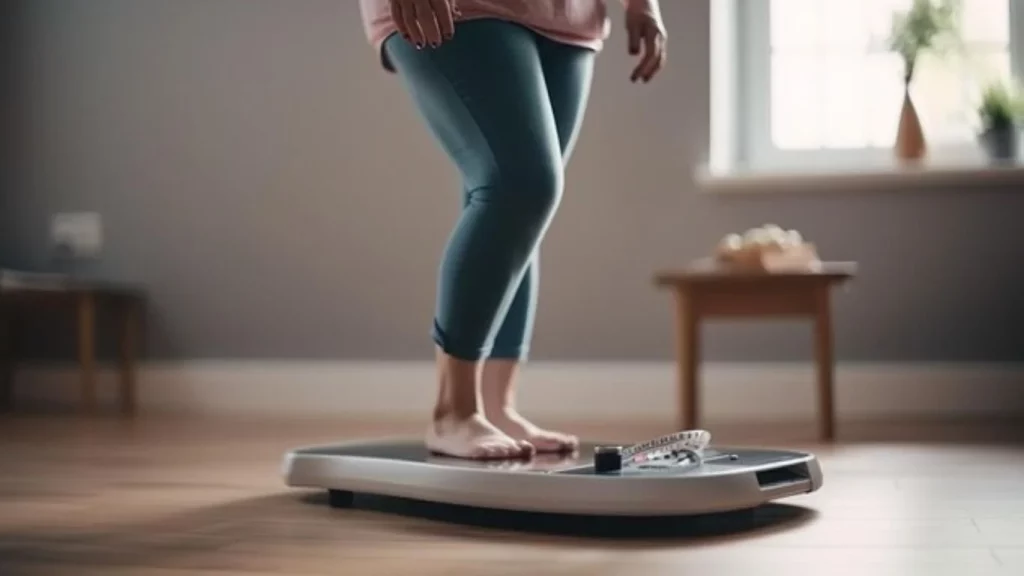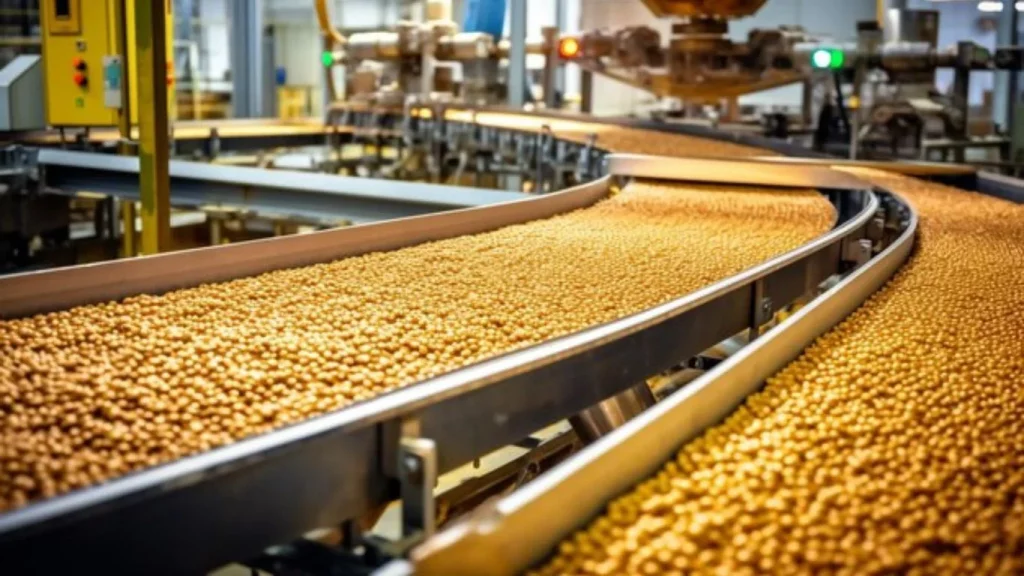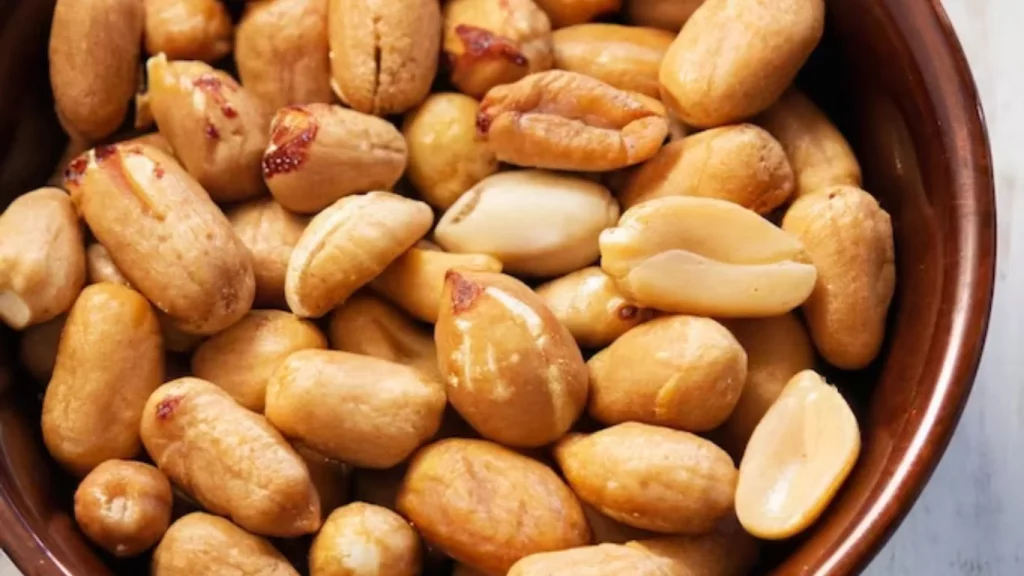Peanuts, with their rich flavor and satisfying crunch, can be a delightful addition to a weight loss journey when consumed mindfully. This guide explores the best times to enjoy peanuts for effective weight loss, considering nutritional benefits and strategic consumption.
Peanuts and Weight Loss
Nutrient Profile of Peanuts
Peanuts are nutrient-dense, providing a mix of healthy fats, protein, and essential vitamins and minerals. Understanding their nutritional composition is key to incorporating them into a weight loss plan.
Role of Peanuts in a Weight Loss Diet
The combination of healthy fats, protein, and fiber in peanuts can contribute to feelings of fullness and satisfaction, making them a valuable addition to a weight loss diet.

Best Times to Eat Peanuts for Weight Loss
Morning Snack
Consuming peanuts as a morning snack can provide sustained energy throughout the day. The protein and healthy fats can help curb mid-morning hunger and prevent overeating during later meals.
Pre-Workout Boost
Enjoying peanuts as a pre-workout snack can provide a source of energy and sustained fuel for your exercise routine. The combination of protein and fats supports endurance and can enhance workout performance.
Incorporating Peanuts into Meals
Incorporate peanuts into your main meals to add flavor, texture, and nutritional value. Sprinkle them on salads, stir them into yogurt, or include them in a stir-fry for a satisfying and weight-loss-friendly meal.
Peanuts as a Satiating Snack
The Satiety Factor
Peanuts possess satiating properties, meaning they can help you feel fuller for longer periods. This satiety factor can contribute to reduced overall calorie intake throughout the day.
Combating Overeating
Snacking on peanuts between meals can combat overeating during main meals. The combination of protein and healthy fats promotes a sense of fullness, reducing the likelihood of reaching for unhealthy snacks.
Choosing the Right Type and Form
Opting for Raw or Roasted Peanuts
Whether you choose raw or roasted peanuts depends on personal preference. Both variations offer nutritional benefits, but be mindful of added oils or excessive salt in roasted varieties.

Avoiding Added Sugars and Salt
Select unsweetened and unsalted peanuts to avoid unnecessary additions to your diet. Added sugars and salt can counteract the health benefits of peanuts and hinder your weight loss efforts.

Pairing Peanuts with a Balanced Diet
Incorporating Variety
While peanuts can be a nutritious addition, it’s essential to maintain a balanced diet. Include a variety of nutrient-rich foods to ensure you meet all your nutritional needs.
Monitoring Portion Sizes
While peanuts are nutrient-dense, they are also calorie-dense. Be mindful of portion sizes to avoid exceeding your daily caloric goals, especially if weight loss is a primary objective.
Potential Drawbacks and Considerations
Caloric Density
While peanuts offer health benefits, their caloric density requires moderation. Overconsumption may lead to an excess of calories, hindering weight loss goals.
Addressing Allergies and Sensitivities
Individuals with peanut allergies or sensitivities should exercise caution. Consider alternative sources of plant-based proteins and healthy fats if peanuts pose a risk to your health.
Conclusion
Incorporating peanuts into your diet at strategic times can be a flavorful and satisfying way to support your weight loss journey. By choosing the right type, monitoring portions, and being mindful of overall nutritional balance, peanuts can be a delightful and healthy addition to your weight loss plan.
FAQ’s
Yes, when consumed in moderation, peanuts can be part of a weight loss-friendly diet. They are rich in protein and healthy fats, promoting a feeling of fullness and supporting weight management.
While individual needs vary, a small serving of peanuts (about one ounce or 28 grams) is a suitable portion for a snack. Moderation is key to balancing calorie intake.
Peanuts can be enjoyed at various times throughout the day. Consider having them as a mid-morning or afternoon snack to curb hunger between meals.
Yes, including peanuts as a snack may help prevent overeating during meals due to their satisfying combination of protein and healthy fats.
Enjoying peanuts in the morning can provide a sustained source of energy and may help control cravings later in the day. However, the key is to distribute calorie intake evenly throughout the day.
